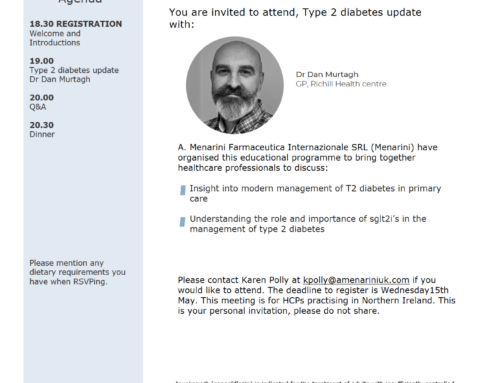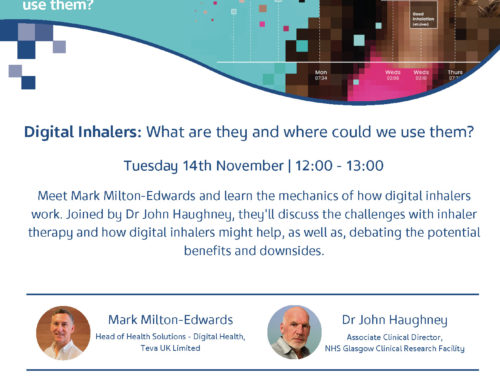A major international study, led by researchers we fund, has revealed the “global collateral damage” caused by the disruption to cardiac services from the C-19 pandemic. The research warns that across the world problems with heart health will “continue to accrue unless mitigation strategies are speedily implemented”.
Early in the pandemic, data from hospitals across England showed a significant drop in the number of people attending emergency departments with a suspected heart attack. Since then, research has investigated the impact of Covid-19 on cardiovascular services, however this has provided an “incomplete overview”.
Now, a team led by researchers at the University of Leeds have provided the first global assessment of the way cardiovascular services coped during the pandemic. Their study describes a “substantial global decline” in hospital admissions of people suffering from cardiovascular disease. As a result, the number of people dying at home or in the community from heart conditions increased.
In cases where people did get medical help there was, on average, more than an hour’s delay in reaching hospital or having contact with paramedics. The chances of people surviving a major heart attack depends on timely and appropriate treatment.
Struggling to give gold standard treatment
The researchers analysed data from 189 separate research papers looking at the impact of Covid-19 on cardiovascular services from 48 countries on six continents and covering a two-year period from December 2019.
Although the problems they identified were seen across the world, they were exacerbated in low to middle income countries. Hospitals and clinics in those locations struggled to give the gold standard treatment, in some cases using drugs instead of interventional procedures such as fitting a stent into a blocked artery.
The result has been an increased death rate among cardiovascular patients in hospitals in low to middle income countries, as well as more people dying at home from cardiovascular disease in the UK.
The researchers warn that the disruption to cardiovascular services will leave a legacy that will require prompt action from political and healthcare leaders.
Dr Ramesh Nadarajah, BHF Clinical Research Fellow at the University of Leeds, led this work. He said:
“Our analysis shows that during the pandemic, people across the world did not receive the cardiac care they should have received. That will have ramifications.
“The longer people wait for treatment for a heart attack, the greater the damage to their heart muscle, causing complications that can be fatal or cause chronic ill health. Health systems need to be reinforced so they can support and treat people whose heart conditions will inevitably be worse because of the pandemic. The paper provides evidence of that.”
Urgent plan needed for cardiac services
Our latest analysis shows that that at the end of March, 309,796 people were on a waiting list for cardiac treatment in England – a figure that has been growing over the previous 21 months.
Dr Sonya Babu-Narayan, our Associate Medical Director and consultant cardiologist, said:
“Cardiovascular disease remains the world’s biggest killer and tackling it is now more urgent than ever.
“Yet again this study provides evidence that delays to cardiovascular care are costing lives and causing avoidable heart damage. This will only add further pressure to an already overwhelmed health system.
“In England, we urgently need a comprehensive and specific cardiovascular plan to address the burden of cardiovascular care including the backlog, and provide immediate and long-term solutions to our cardiovascular workforce shortage. Without this we will continue to see heart attacks, lasting heart damage, or even premature deaths that could have been avoided.”







